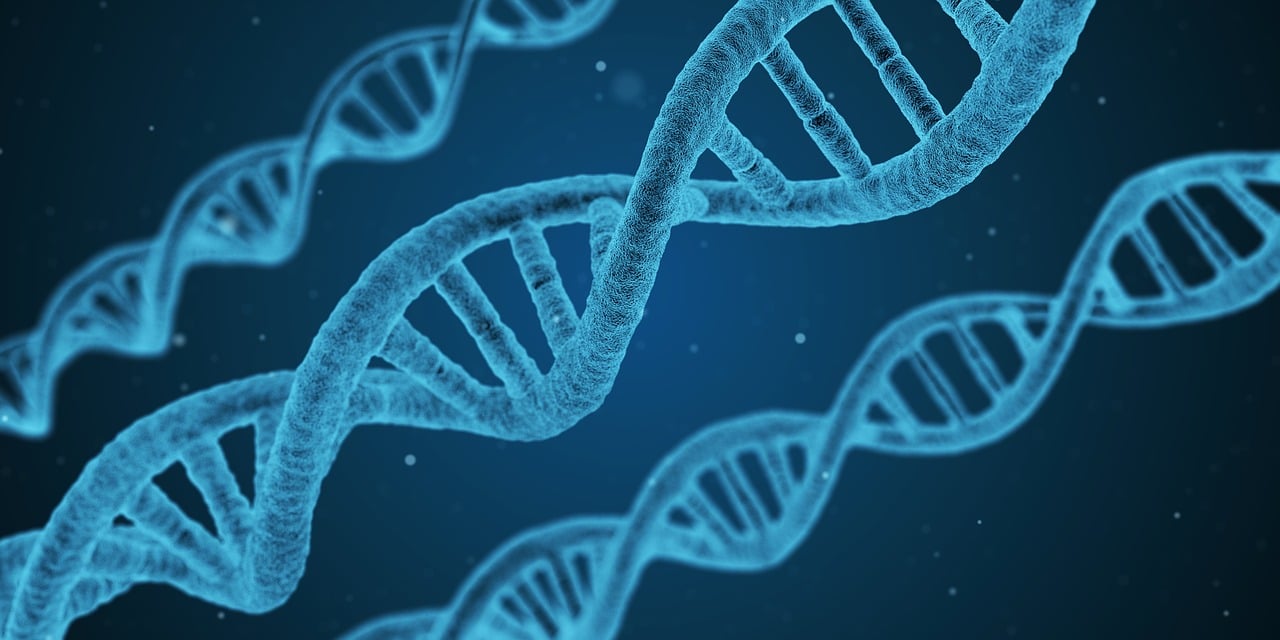
ΑΙhub.org
#ICML2023 invited talk: Jennifer Doudna on machine learning for biological research

The programme of the International Conference on Machine Learning (ICML) featured an invited talk by Jennifer Doudna entitled “The future of ML in biology: CRISPR for health and climate”.
Jennifer Doudna and Emmanuelle Charpentier won the 2020 Nobel Prize in Chemistry for “the development of a method for genome editing”. The method in question is often referred to as CRISPR/Cas9 genetic scissors. Using this technique, researchers can change the DNA of animals, plants and microorganisms with extremely high precision. This technology has already had a huge impact on the biological sciences.
In her talk, Jennifer gave an overview of the CRISPR/Cas9 method, touching on a successful case study, talked about protein structure and function prediction, and shared how she thinks machine learning will contribute to biological research.
CRISPR stands for clustered regularly interspaced short palindromic repeats, and is a family of DNA sequences found in the genomes of organisms such as bacteria. These sequences are derived from DNA fragments of viruses that had previously infected the organism. They are used to detect and destroy DNA from similar viruses during subsequent infections. Cas9 is an enzyme that uses CRISPR sequences as a guide to recognize and cut specific strands of DNA that are complementary to the CRISPR sequence. The Cas9 enzyme works in tandem with a piece of RNA (called guide RNA) about 20 bases long and located within a longer RNA scaffold. The guide RNA binds to the target sequence in the DNA and the Cas9 enzyme, in turn, binds to the guide RNA, before cutting the two DNA strands. This triggers repair of the DNA and at this point the required mutation is introduced.
Jennifer talked about a successful use of the technology, in the treatment of Sickle Cell Disease. This disease is a result of a genetic mutation in which a defective form of haemoglobin is produced. The CRISPR/Cas9 technique has been used to turn on the production of fetal haemoglobin. Once the cells are transplanted, they will continue to reproduce, so only one treatment is needed. The therapy should be approved by the FDA (USA food and drug administration) this year. Jennifer noted that we’re just at the beginning of what this technology has to offer. She also commented that getting to this point required a detailed knowledge of how proteins and RNA molecules work and how genes interact.
Jennifer moved on to talk about protein structure prediction, which she views as a huge win for machine learning in biology. She has been amazed to see how quickly researchers such as herself have adopted these tools (like AlphaFold2, RosettaFold and others). These models were all made possible by the open source Protein Data Bank (PDB), founded in 1971, which today contains over 200,000 structures. Despite the great success of these models, there are still challenges that remain. For example, determining function through structure, predicting conformational changes, and predicting RNA structures.
There are a number of biological questions that are going to be very difficult to solve without the help of machine learning. A key ingredient for machine learning models is good quality data, and this is where CRISPR can be utilised. Not only is CRISPR being used as a therapeutic and as a research tool, but also as a tool to generate very large datasets. These will be very exciting to mine with machine learning, provided that, firstly, the datasets are well-curated, and secondly, that researchers can define the questions they want to ask in a way that ensures that the models are trained appropriately.
Jennifer outlined some of the research challenges in which machine learning could play a key role. One of these is the study of gene function and interaction, where CRISPR could be used to provide the raw data. Another concerns the study of protein functions. Machine learning methods could also be deployed in the prediction of RNA structures and RNA-protein interactions. In short, there are many exciting avenues to pursue, and the combination of machine learning techniques and biological data promises to reveal a myriad of new insights in the field of the life sciences.
tags: ICML, ICML2023










